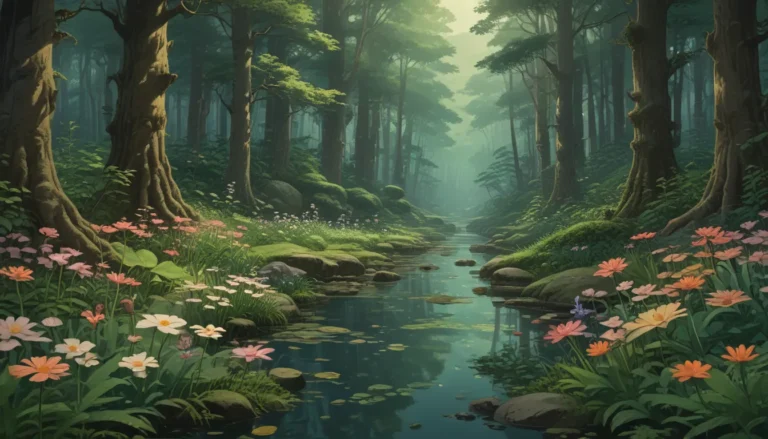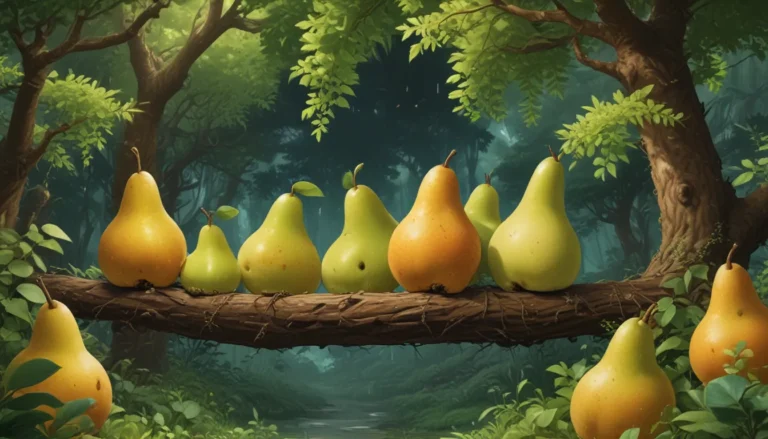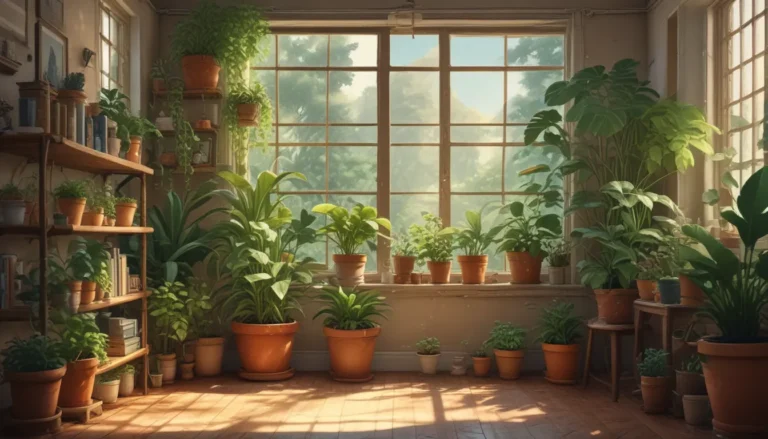The Ultimate Guide to Growing Eco-Friendly Roses Without Chemicals

Are you tired of using harmful chemicals in your garden to keep your roses healthy? Are you looking for a more sustainable way to cultivate these beautiful flowers? You’re in the right place! In this comprehensive guide, we’ll explore 23 eco-friendly roses that are perfect for chemical-free growing.
Why Opt for Chemical-Free Roses?
More and more gardeners are realizing the importance of gardening without the use of chemicals. While there is a time and place for chemical treatments, overusing them can disrupt the balance of your garden, leading to more pest infestations and diseases. It becomes a vicious cycle.
Roses, in particular, have a reputation for needing gallons of chemicals to thrive. However, with the rise of new hybrids and disease-resistant cultivars, it’s now easier than ever to grow roses without relying on harmful pesticides and fungicides.
Choosing the Right Roses
The key to growing chemical-free roses is selecting cultivars that are disease-resistant and well-suited to your climate and growing conditions. By starting with hardy, tough varieties, you can ensure a successful and low-maintenance garden.
When choosing roses for your garden, consider factors such as disease resistance, climate suitability, and sun exposure. Look for roses that are genetically closer to the original wild roses, as they require less pampering and maintenance.
In addition to selecting the right cultivars, proper planting and care practices are essential for chemical-free gardening. Ensure your roses are planted in well-draining soil, receive adequate sunlight, and are spaced appropriately for optimal growth.
While chemical-free gardening doesn’t mean you’ll never have to intervene, it does reduce the need for harsh chemicals. Pruning, watering, and occasional treatments like dormant oils or water sprays for pests can help maintain the health of your roses without relying on chemicals.
The Top 23 Eco-Friendly Roses for Your Garden
Here are 23 amazing options for chemical-free rose growing, alphabetically listed:
- Alister Stella Gray
- All a Twitter
- Carefree Beauty
- Cinderella
- Dark Desire
- Distant Drums
- Drift
- Easy Elegance
- Fiji
- Frida Kahlo
- Julia Child
- Hansa
- Knock Out
- Kosmos
- Mandarin Ice
- Miracle on the Hudson
- Mister Lincoln
- Nearly Wild
- New Dawn
- Oso Easy
- Rugosa
- Serendipity
- Zephirine Drouhin
Each of these roses offers unique qualities, from disease resistance to vibrant colors and fragrant blossoms. Whether you’re looking for a petite container rose or a climbing beauty, there’s an eco-friendly option for every garden.
Key Features of Select Roses
- Disease resistance: Look for roses with natural disease resistance to reduce the need for chemical treatments.
- Sun exposure: Plant your roses in full sun for optimal growth and health.
- Climate suitability: Choose roses that are well-suited to your specific climate and growing conditions.
- Planting practices: Ensure your roses are planted in well-draining soil and spaced appropriately for healthy growth.
- Care and maintenance: Practice good gardening techniques such as pruning, watering, and occasional treatments to keep your roses thriving without chemicals.
Conclusion
Growing eco-friendly roses without chemicals is definitely possible with the right selection of cultivars and proper care practices. By choosing disease-resistant varieties, providing optimal growing conditions, and following sustainable gardening techniques, you can enjoy a beautiful, chemical-free garden full of vibrant roses.
Do you have a favorite eco-friendly rose that’s not on our list? Share it with us in the comments below! Let’s continue to cultivate healthy, sustainable gardens without the need for harmful chemicals.
For more tips on growing roses and maintaining a chemical-free garden, be sure to check out our related guides on getting started, common reasons for rose leaf drop, and proper pruning techniques. Happy eco-friendly gardening!





